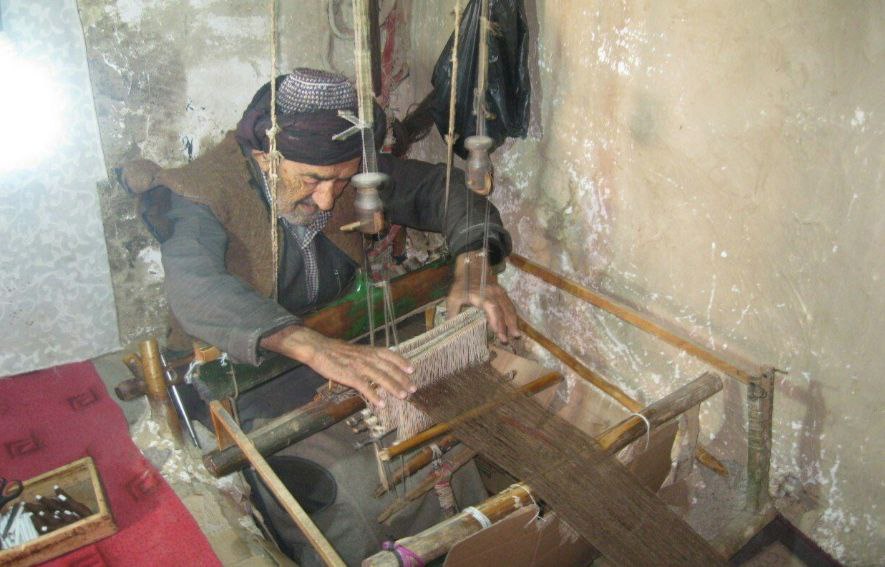Loka/Pamo (Cotton)
It is a kind of short plant with wide leaves. The color is white and it is packed with special tools. There is a small seed in the middle of every cotton ball that is picked that can be used as farm animals' food or it can be used to extract oil. The best kind of cotton is the one that can be made into narrow and fine threads because it can be spun more easily and the threads made of it are much stronger. On the other hand, low-quality cotton has short and thick pieces of string. After the cotton is cleaned up, it will be combed with special tools. The raw form of it can be used to fill the inside of Kawa and Sukhma, or bed sheets and mattresses. It is spun with Kharak and the spinner makes (Jaw) and (Kham) (two kinds of traditional fabrics in Kurdistan). The spun strings will be dyed to be used in making colorful fabrics for women's and men's clothes. It can also be spun by the palm to be thickened so that it can be used in lanterns as an oil burner.
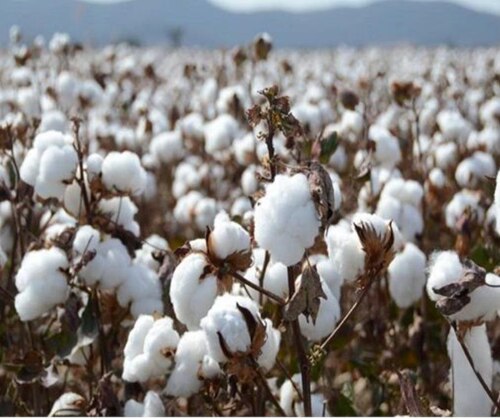
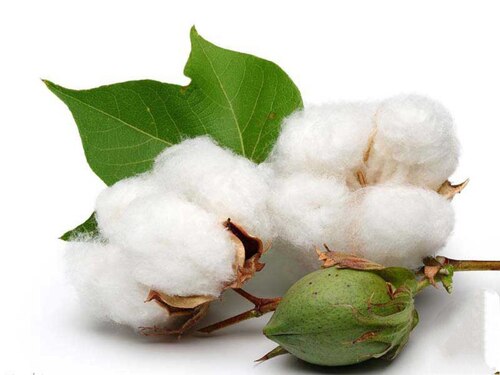
La Kol Dan
Kol is a machine to makes straight fabric.
To put Bouzou (a fabric used to make men's clothes) into the Kol.
Lisp
The cotton or wool fine strings that are as thin as spiderwebs. When they are spun, these strings are attached and make the thread. (See figure 94)
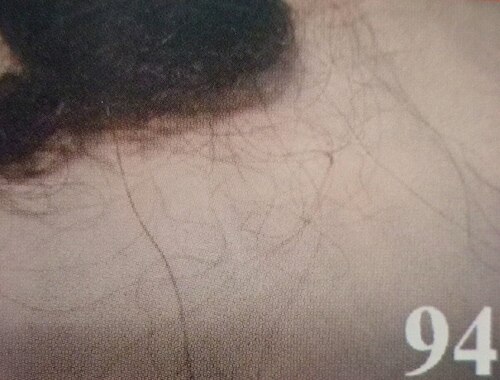
Mashar
The ball of wool or cotton that is not dyed yet. It is made into a yarn ball on the knees or with a machine moved from left to right. This must be done with a wrapping thread so that it will not get messy. (See figure 95)
It also means to prepare the wool or cotton to be dyed. (See figure 96)
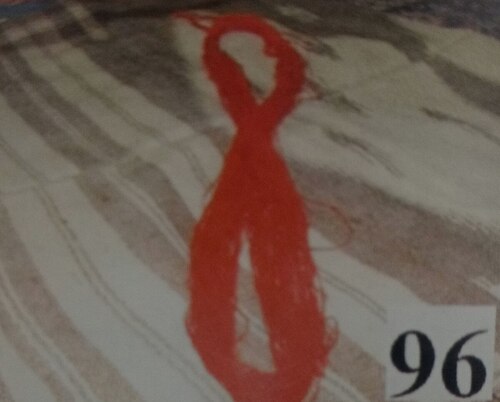
To Wrap Mashar
To form the thread into a ball shape with Mashar or on the knees, or a machine. Wrapping the ball of cotton or wool on a machine can only be done on right-to-right movement, however, when it is done on the knees it can be done in a right to right or right to left movement. Right to right movement means to wrap the thread around the knees straightly but right to left movement means to do this in a crossed form, that is wrap it around the right knee once and wrap it around the left knee the next time. (See Figure 95).
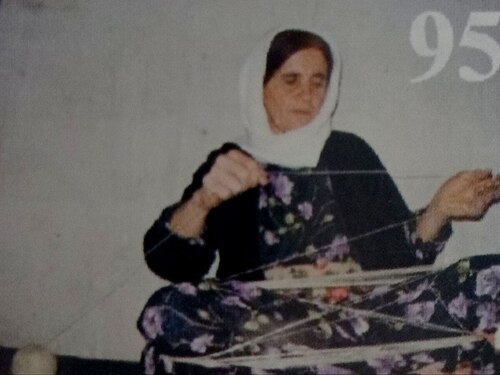
Maraz
It is a special kind of goat's wool with long, strong, and soft strings. It can be used to make Bouzou and Barmal (the piece of cloth for Kurdish Muslim people to pray on). It can also be used to make Kilaw (Kurdish hats), socks, gloves, and clothes. All these handmade products can also be made with regular thread but what is made of Maraz has a better quality and they are more valuable. (See figure 97)
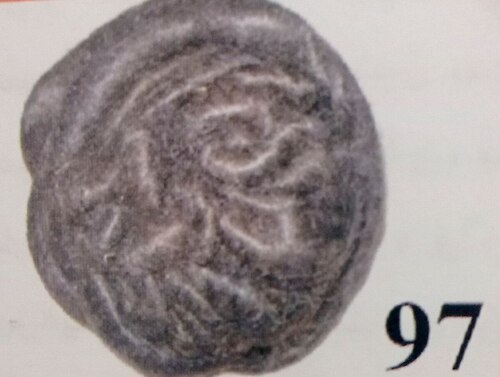
Nanawa
It means to spread the thread over the machine. (See figure 98) This set of threads will be separated in the machine and will change into Trounda after being spread over the machine.
Idioms:
To be making Jajm: It is used for someone who is unemployed and unoccupied or is occupied with some meaningless work.
He or She is making Jajm: it means they are still unemployed.
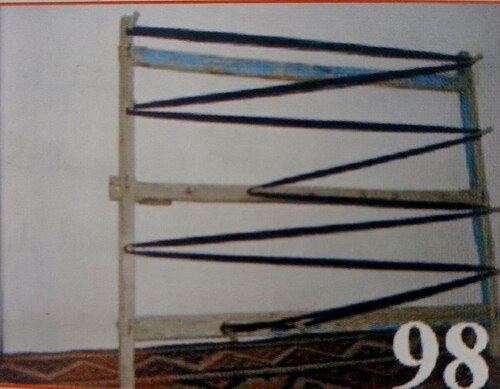
Niw Pe:
(Half a foot) it is a measuring scale to measure the length and it is equal to ten ties of Bangurd on the Dargurd.
Wena La Bar Girtnawa (To copy an image or blueprint)
To knit a design or blueprint that has already been knitted once again.
Halbastn
When the spinner finishes the Kiraka and cuts it and removes it from the machine, he or she will cut the threads on the end of the spun fabric longer than necessary. They will tie these threads in equal sizes of ties so that the fabric will not untie gradually. (See figure 99)
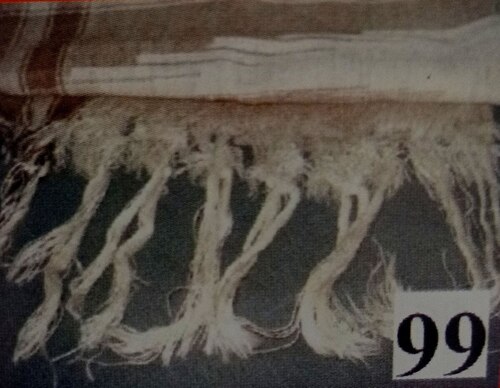
To tie the ends of Jajm, Barmal, and Popashmin is a female task. The Kir (Fabric) that is not yet tied shows it has been made recently so it is not very popular to be tied by the spinner and then sent off to the market rather the customers prefer to buy it before it is tied up and tie the ends at home themselves. The tying methods are different. They can be tied into various kinds of ties.
Note: tying the extra strings around men's Kurdish hats is also done in a special way called Pechhalbastn or Pechbadan.
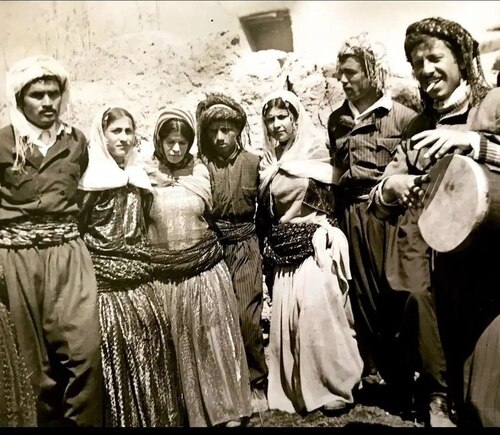
Twirl
To spin the Tashi (a spinning tool) once with the palm or palm and thighs. The thread will untie if spun only once so it needs to be twirled.
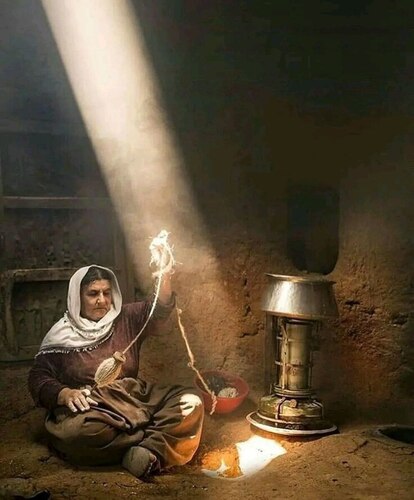
Twirling
To twirl two pieces of thread together with Tashi in a contrariwise way that is, if the thread is spun from left to right, the Tashi must be twirled from right to left and vice versa. If the spinning and twirling are done in the same direction, the thread will untie. Thus, the spinning and twirling must be done contrariwise to one another. By twirling the thread, the spinning process will end and the thread will be ready to be used in the spinning machine or to be used on the Mashar or sent to be dyed. If the thread is twirled more than necessary it will be called "Gisht" or "Kirj" and if it is twirled softer than necessary, it cannot be used in the spinning process.
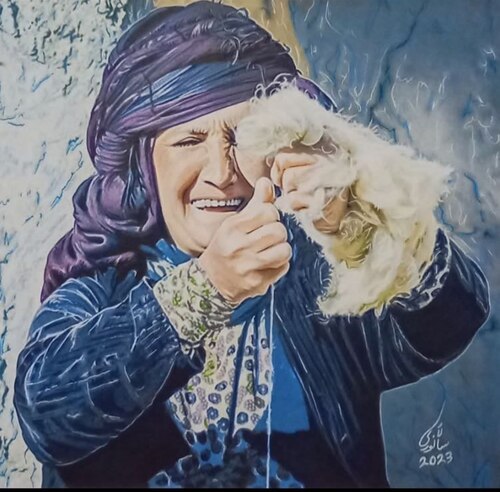
Barikan
Any kind of wool or Maraz that is spun into narrow and fine threads.
Barikan Ristn
To spin the wool or Maraz into fine threads. This method is especially used to make unique and valuable work like Barmal or Maraz Kurdish clothes for men. In this process, the woman who spins the Tashi will use a small sequin or pearl from the very beginning of the work so the thread will be spun exactly in the same thickness completely. The person who spins Tashi will fix the sequin tightly in place for fine thread and normal thread they fix it less tightly.
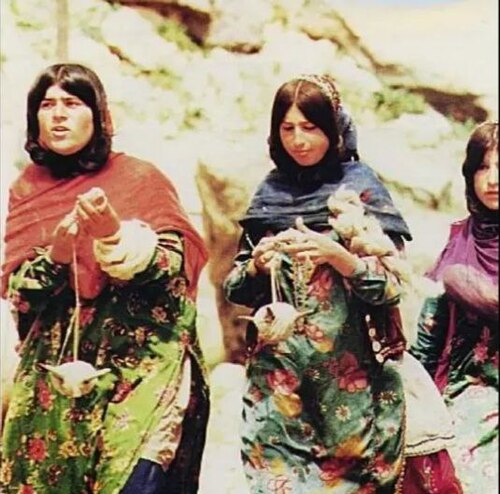
Brinawa
To cut the wool of farm animals with special tools.
Bin Danawa
To untie the wool or cotton by hand and separate the dirty parts of it so that while spinning or twirling the wool, it would turn into an even thread without any bumps or ties.
Binok
The wool while combing it will be brushed completely. The little threads of wool that remain at the bottom of the comb are called Binok. (See figure A100) This little part of the wool will be used in stuffing clothes or blankets.
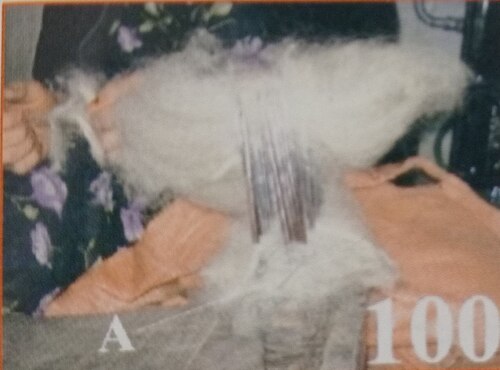
To give to a Tashires
A Tashires is a person who works with Tashi a lot. Some people used to give their wool to Tashires so that they could spin the wool for them in exchange for money.
Bargn
Lambs' wool when they are cut for the first time. Since the wool is short, it cannot be spun but it is washed and then it can be used to make "Libad", "Pastak" and "Kapank". (Local rugs or clothes that are waterproof and very tight).
Baratashi
A piece of wood or metal that is added to Tashi to make it heavier. (See figure 101) The Tashi is light at the beginning when the thread has not filled it so while spinning it, the Tashi will move in various directions and sometimes it cuts the thread. After a large amount of thread is spun and the Tashi is heavy enough to spin in one direction, there will be no need for Baratashi anymore.
Adding Baratashi: to add an extra piece of wood or metal to Tashi.
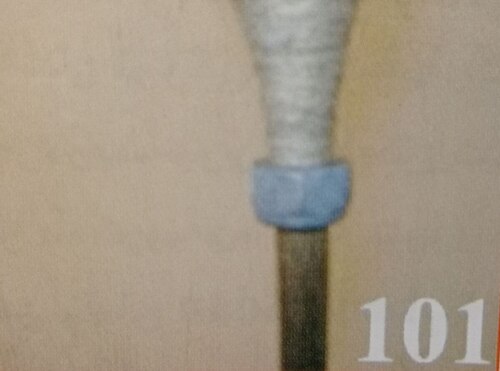
Bashana Kirdn
To collect and then comb the animals' wool with a metal comb. (See figure 102) This is a task done by women. In this process, the wool's different parts will be separated. A bunch of wool will be held in hand and it will be put on the comb, then they will move their hands to the right and left quickly to untie any clogs that might be in the wool. They need to be very careful because sometimes their fingers will hit the comb which will be injured severely. There is a common belief that the wool's dandruff-like powder can hear the injury.
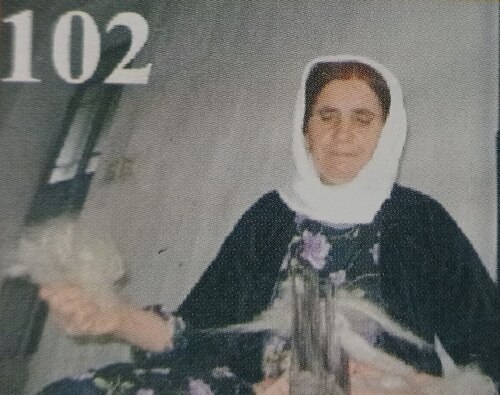
Bashou Kirdn
To hit the wool with a piece of wood instead of combing it. (See Figure 103) Some kinds of wool like "Birgn", "Rong" and "Kourou" that cannot be combed due to being too short or too delicate will be collected in a place and they will be cleaned up by hitting them with a piece of wood.
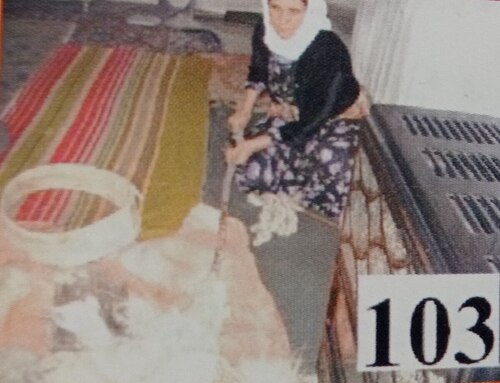
Ban Badan: Twirling
(Source: A tour in a Spinning Factory, Abdollah Samadi)

